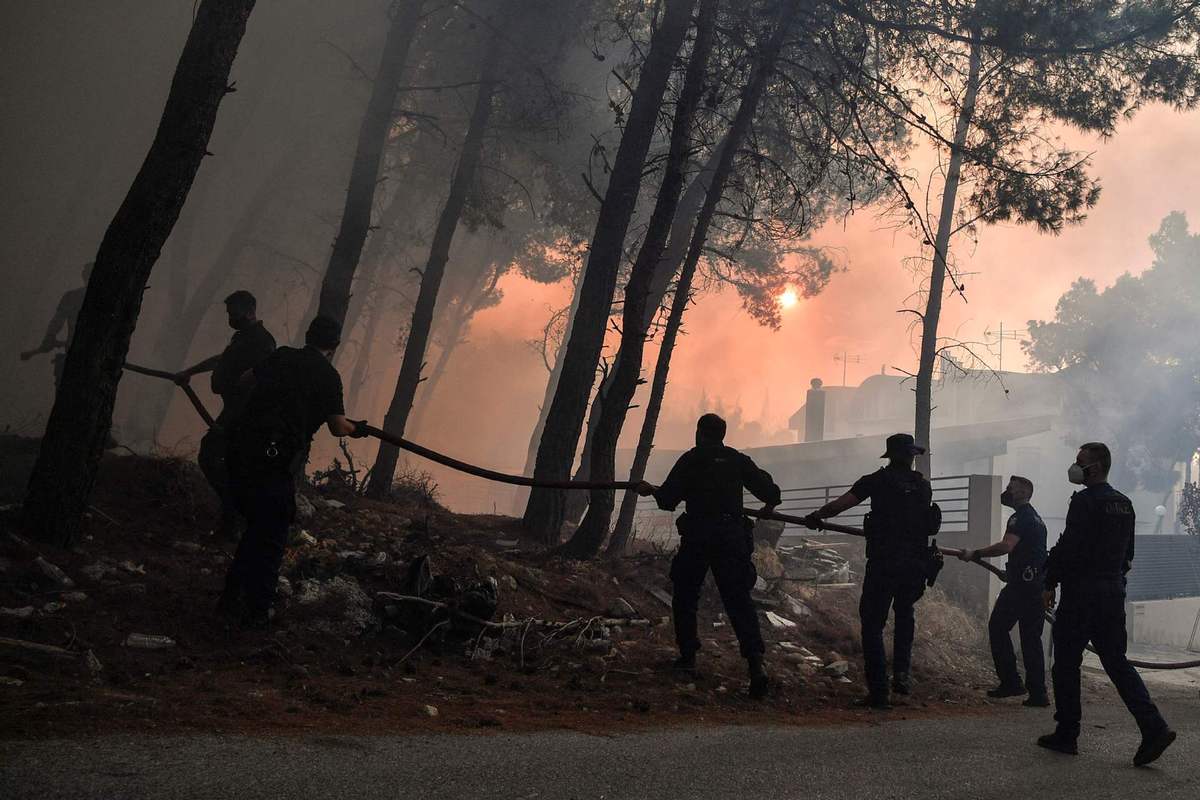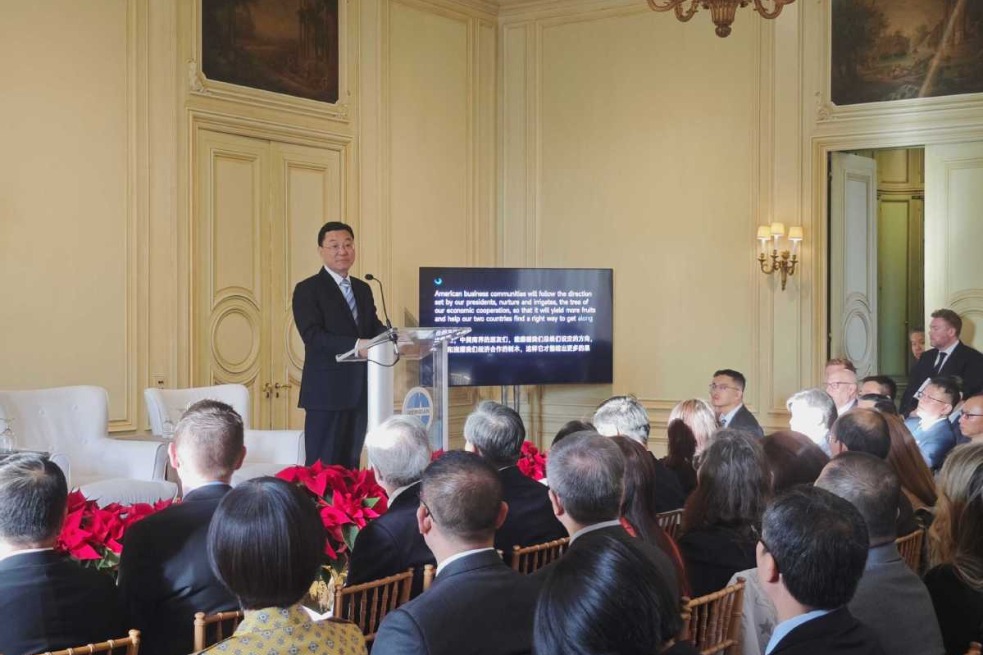Extreme weather puts pressure on nations to expand climate action


A pall of acrid smoke from suburban forest fires descended on Athens at the start of August as Greece suffered its worst heat wave in decades, prompting its prime minister to declare that climate change had turned his country into a powder keg.
It was one of a series of extreme weather events around the world that added weight to the UN's latest climate warning that things will get much worse if governments do not take drastic action.
The deadly floods last month struck countries as far apart as Germany and China. Temperatures in Moscow earlier hit a record high, after a winter that saw extreme lows hit North America and topple the power grid in Texas.
The extreme weather provided the backdrop to the Aug 9 launch of the latest report from the Intergovernmental Panel on Climate Change, the most extensive so far from the United Nations agency.
The report said humanity's damaging impact on the global climate was now an established fact, and warned that continuing emissions of greenhouse gases could force sea levels to rise by up to two meters by the end of the century.
The authors said that global surface temperatures had risen faster since 1970 than in any other 50-year period over the past 2,000 years. They also concluded that some of the changes to planetary climate systems were already irreversible.
UN Secretary-General Antonio Guterres described the findings as a code red for humanity and showed there was no time for delay to avert a climate catastrophe.
The report will put further pressure on delegates to the international COP26 climate talks that the UK government will be hosting in Glasgow in November. Alok Sharma, the UK minister in charge of the event, has warned that the failure of the talks would be catastrophic.
"You're seeing on a daily basis what is happening across the world," Sharma said. "Last year was the hottest on record, the last decade the hottest decade on record."
Climate scientists are always cautious about linking any single extreme weather event to global warming and focus on tracking trends.
However, this year's series of catastrophic events may reinforce the impact of the latest warnings on the public consciousness and could increase popular pressure on governments to boost active measures.
The latest evidence of man-made climate change may also dent the influence of so-called climate skeptics, who continue to deny the link between greenhouse gases and extreme weather events.
A recent study from the University of Oregon in the US found that committed climate change deniers were unlikely to change their minds on the basis of the latest evidence. However, moderate skeptics were highly likely to change their beliefs once given more evidence of recorded temperature change.
The report's author, Grant McDermott, said one implication of the findings was that "if you're trying to think about who to target with messaging to persuade people that climate change is a real and observable phenomenon, you should just accept that some people you're just not going to convince".
A 2019 poll showed that the US, a leading polluter, has by far the largest population of climate change skeptics, with 15 percent of people believing either that the climate is not changing at all, or that it is not changing due to human causes.
It was a skepticism reflected by former US president Donald Trump, who abandoned US support for international efforts to fight climate change. Under his successor, Joe Biden, the US plans to take a more active role at COP26. US delegate John Kerry has urged all countries to step up and do their part.
Despite outstanding diplomatic issues between the US and China, the world's top carbon emitters, the climate lobby is hoping to see progress between the two at the Glasgow talks.
When President Xi Jinping announced at the UN last year that China planned to cap its carbon emissions by 2030 and achieve carbon neutrality by 2060, the initiative was described as monumental.
Beijing's climate envoy Xie Zhenhua said this month that China would soon release updated plans to reduce carbon emissions ahead of the COP26.
Climate negotiators from 196 countries, plus the European Union, will join business leaders, climate experts and world leaders at the Glasgow conference.
Their task, after a year of climate extremes, will be to confront a challenge that COP26's UK host Sharma believes may be the last chance to save the planet.
Harvey Morris is a senior media consultant for China Daily UK. The views do not necessarily reflect those of China Daily.































